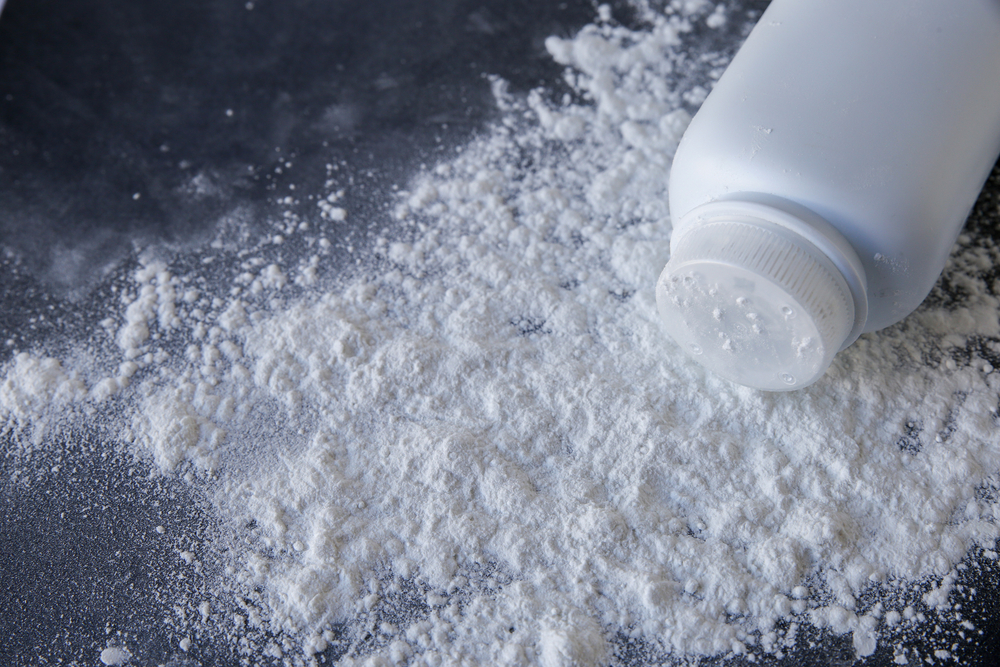In a troubling development for consumers, Dynacare Baby Powder has been recalled due to potential asbestos contamination. This baby powder recall has raised alarm bells across the industry, prompting a closer look at the safety of personal care products, particularly those containing talc. The Food and Drug Administration (FDA) has been actively monitoring talcum powder products for asbestos, a known carcinogen potentially linked to serious health issues such as mesothelioma and ovarian cancer.
Dynacare Baby Powder Recall Details
Dynarex Corporation has initiated a recall of 62 cases of Dynacare Baby Powder due to potential asbestos contamination. The affected product, identified as item number 4875, Batch Number B 051, was distributed on or after March 11, 2024, to several states including Alabama, Arkansas, Colorado, Illinois, Kentucky, North Carolina, New Jersey, Pennsylvania, Tennessee, Florida, Washington, and Wisconsin. It was also sold online through Amazon.com.
The recall resulted from routine sampling by the FDA, which revealed the presence of asbestos in the finished products. Asbestos, a known carcinogen, is often found near talc deposits and can contaminate talc during mining if proper precautions are not taken.
The recalled baby powder is packaged in 14 oz. plastic bottles, with 24 bottles per case. The batch/lot number B051 and expiration date 2026/12/28 are located on the bottom of each bottle. Consumers who have purchased this product are urged to discontinue use immediately and return it for a full refund.
Possible Health Risks of Asbestos Exposure
Asbestos exposure poses significant health hazards for consumers. When asbestos fibers are inhaled, they can become trapped in the lungs, leading to serious respiratory issues over time. These microscopic fibers have the potential to cause scarring and inflammation in the lungs, resulting in breathing difficulties and other severe health problems. Asbestos has been classified as a known human carcinogen by various health organizations, including the U.S. Department of Health and Human Services and the International Agency for Research on Cancer.
Exposure to asbestos increases the risk of developing mesothelioma, a rare cancer affecting the membranes lining the chest and abdomen. It also has an impact on the likelihood of lung cancer, laryngeal cancer, and ovarian cancer. Additionally, asbestos exposure may lead to asbestosis, a condition characterized by lung inflammation and permanent damage.
Johnson & Johnson Baby Powder Recall
The Johnson & Johnson baby powder recall was one of the first to highlight the potential risks associated with talc-based baby powder products. Court documents revealed that Johnson & Johnson officials were aware of asbestos contamination in their talc since the 1950s yet the company did nothing to warn consumers of the potential health risk. Johnson & Johnson currently faces over 50,000 lawsuits related to its talc-based products and their alleged link to cancer. In 2020, Johnson & Johnson discontinued sales of its talc-based baby powder in the U.S. and Canada.
Steps for Consumers Affected by the Dynacare Baby Powder Recall
Consumers who have purchased Dynacare Baby Powder with batch number B051 should immediately stop using the product and return it for a full refund. The FDA advises against using any potentially contaminated talc products. Those affected can contact Dynarex Corporation at 888-396-2739 or via email at recall@dynarex.com for information on returns and refunds. It’s crucial to report any adverse events associated with talc products to the FDA’s MedWatch Adverse Event Reporting program. This can be done online or by downloading and submitting a form via fax.
Understanding the Potential Dangers of Asbestos-Contaminated Talc Products
The Dynacare Baby Powder recall highlights ongoing concerns about the safety of talc-based products and their potential health risks. This incident serves as a reminder of the importance of rigorous testing and oversight in the production of consumer goods, especially those intended for use on infants and children. The alleged link between talc products and serious health issues such as mesothelioma and ovarian cancer underscores the need for continued research and vigilance in this area.
Consumers are advised to stay informed about product recalls and to take prompt action if they have purchased potentially contaminated items. This recall also emphasizes the significance of regulatory bodies like the FDA in protecting public health through routine sampling and testing of consumer products. As the debate surrounding talc safety continues, it is crucial for manufacturers to prioritize consumer safety and for regulatory agencies to maintain strict standards to ensure the well-being of the public.
Talcum Powder Lawsuit Information
Talcum Powder Lawsuit, Leading Justice
About Asbestos, International Agency for Research on Cancer
FDA Advises Consumers to Stop Using Certain Cosmetic Products, FDA




